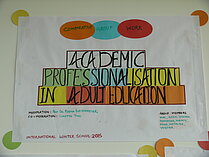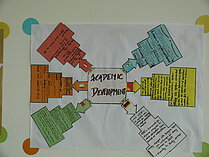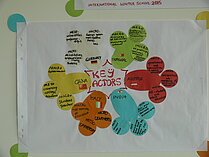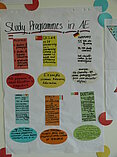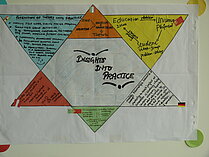Group 5: Academic Professionalisation in Adult and Continuing Education
Academic Professionalisation in Adult and Continuing Education
Prof. Regina Egetenmeyer, University of Würzburg, Germany
Concetta Tino, University of Padua, Italy
In the “old professions” (medicine, law, theology) universities and later professional associations were the main stakeholders in the professionalisation of the respective fields. Looking on the field of adult and continuing education, universities acted always only as one stakeholder of professionalisation. Beside universities, you find the practical field of adult and continuing education as stakeholder. Depending on the country, these stakeholders are associations of providers in adult education, single providers in adult education, professional associations or other.
This raises the question of the relation of professionalisation in adult and continuing education through universities and through the field of practice. The workshop understands university programmes as academic professionalisation. Depending on each country, universities are asked to build up relation to practice of adult and continuing education. Within the workshop, we will analyse university programmes in adult and continuing education in different countries, their relation to the practice in adult and continuing education as well as the influence of the Bologna-Process (including European Qualification Framework, competence-orientation):
During the comparative group work we will focus on the following aspects (focus of country reports):
- Which history of academic professionalisation (university study programme) in adult and continuing education can be identified in your country?
- Which kind of university programmes in adult and continuing can be identified (e.g. core curriculum, diversity)? Which role does theory-practice relations play? What kind of skills and competences are being targeted?
- Which legislative background concerning professionalisation in adult and continuing education can be identified? Which roles do universities play in this context?
- Who are the actors of professionalisation in your country? Which role do universities play in this context?
